‘Humanities essential education for all’
Universities, public libraries at the forefront of humanities programs
By Korea HeraldPublished : May 24, 2013 - 18:23
Time-honored humanities subjects such as literature, philosophy and history have struggled to draw students in recent years, but it’s not all doom and gloom. Educational institutions and local libraries are propping up the subjects with new, ambitious programs.
The renewed enthusiasm for humanities at colleges and public libraries reflects the desire of the public for a deeper knowledge of the subjects, experts said.
“People began to ponder the meaning of the capitalist ideology in the late 1990s,” said Bae Young-soo, Dean of College of Humanities at Seoul National University, in an interview. Despite -- or because of -- the rapid economic development, people found it hard to answer fundamental questions such as what should be done beyond economic development, and this gap is now fueling the drive for humanities in several academic and private sectors, Bae said.
The renewed enthusiasm for humanities at colleges and public libraries reflects the desire of the public for a deeper knowledge of the subjects, experts said.
“People began to ponder the meaning of the capitalist ideology in the late 1990s,” said Bae Young-soo, Dean of College of Humanities at Seoul National University, in an interview. Despite -- or because of -- the rapid economic development, people found it hard to answer fundamental questions such as what should be done beyond economic development, and this gap is now fueling the drive for humanities in several academic and private sectors, Bae said.
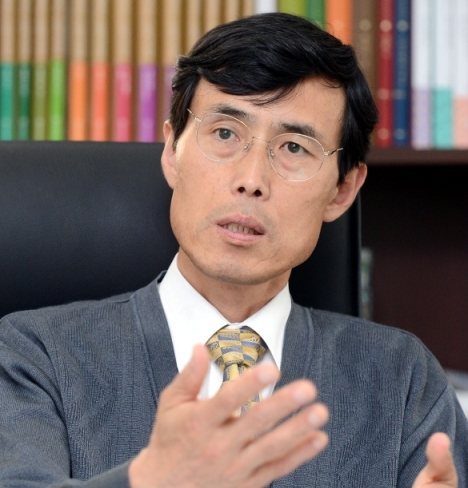
Another element that is increasing public interest in the humanities, Bae said, is the need to acquire creativity and fresh knowledge.
“Korea achieved rapid economic growth partly due to the ready-made technologies imported from developed nations in the past. The country is now required to develop its own technologies based on creativity, and studying humanities can help nurture creativity,” he said.
Bae is himself spearheading the humanities initiative as the chief of SNU College of Humanities, which has been running a special program titled “SNU Humanities Course” since 2010.
The monthly open lecture series offers various subtopics of humanities ranging from Confucian philosophy to aesthetics. Topics are chosen to directly relate to their own majors. The lectures are later compiled and published as a book. The lecture series also provides a mini debate session at the end, featuring professors and experts in humanities fields.
“Unlike other typical humanities-relevant events, the lecturers (in the SNU Humanities Course) give a speech according to their own in-depth research,” said Kim Hyeon-kyun, a professor at SNU.
“The debate session in the lecture provides the general public in the audience with cutting-edge insights about the topic, and motivates them to be more focused during the lecture and gain knowledge.”
The SNU programs have been well-received so far, attracting more than 1,000 participants per session. The next session is scheduled for June 13.
Another exemplary educational institution in the vanguard of humanities is Kyung Hee University, which runs a unique liberal arts division called Humanitas College. It is not an actual full-fledged college but works nearly as a compulsory program which students are required to take.
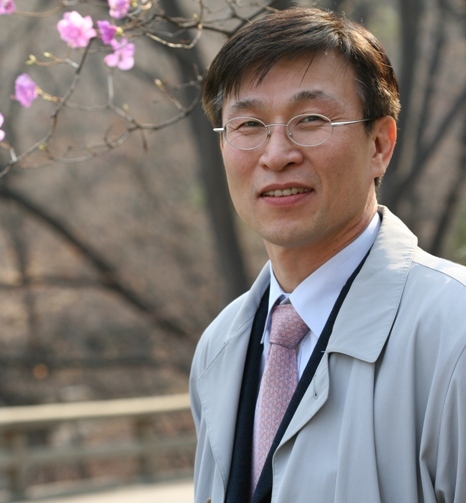
“Humanitas College has been established to help students cultivate their life to the fullest, and the courses deliver knowledge to our students in a way that they can become responsible human beings in a democratic society,” said Jung Yoen-kyo, Dean of Humanitas College in an interview with The Korea Herald.
Jung said the focus is placed on teaching competence.
“Setting curriculums is important, but what’s more important is the teachers who run the courses. Some teachers can help students to develop a humanistic imagination, while others might make them unwilling to study humanities,” he said.
Jung said that there should be more interaction between academia and the public concerning the humanities.
“Only a limited number of professors directly communicate with the public through writing or lectures. It would be nice if the government or media help bring academic research in the humanities to the public,” Jung said.
Outside of college campuses, public libraries are taking up the slack, introducing more programs customized for humanities-related topics. Dongdaemun-gu Public Digital Library in Seoul is the beloved hub for nearby residents who love reading books. In 2008, the library was selected by the Korea Research Institute for Library and Information as the best example of running humanities programs among public libraries.
“As a public institution that collects, stores and offers knowledge through books, I believe libraries should have a strong sense of responsibility to promote humanities courses,” said Na Byung-joon, the director of DPDL, in an interview.
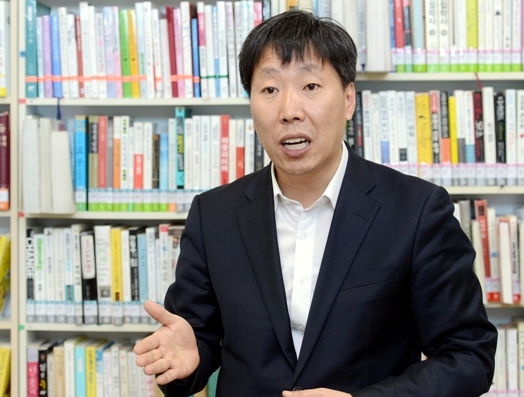
With the focus placed on humanities. the local library has been presenting special events including music concerts, plays and public reading sessions along with its 18 regular cultural programs. Recently, it started a podcast that features librarians introducing newly published books.
By Park Sui, Intern reporter
(suipark@heraldcorp.com)
-
Articles by Korea Herald



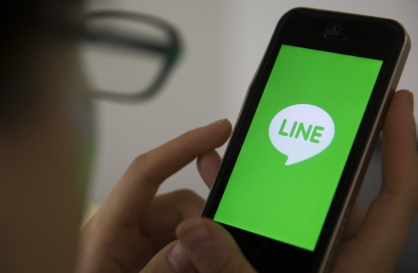


![[Weekender] How DDP emerged as an icon of Seoul](http://res.heraldm.com/phpwas/restmb_idxmake.php?idx=644&simg=/content/image/2024/04/25/20240425050915_0.jpg&u=)

![[Herald Interview] Guggenheim Museum makes a push for technology-based art with LG](http://res.heraldm.com/phpwas/restmb_idxmake.php?idx=644&simg=/content/image/2024/04/26/20240426050608_0.jpg&u=20240428114717)


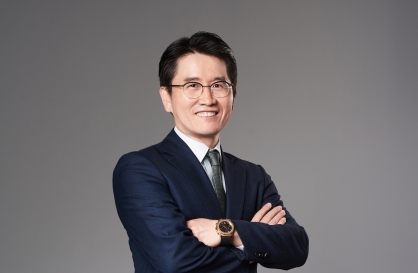






![[Herald Interview] Mistakes turn into blessings in street performance, director says](http://res.heraldm.com/phpwas/restmb_idxmake.php?idx=652&simg=/content/image/2024/04/28/20240428050150_0.jpg&u=20240428174656)
